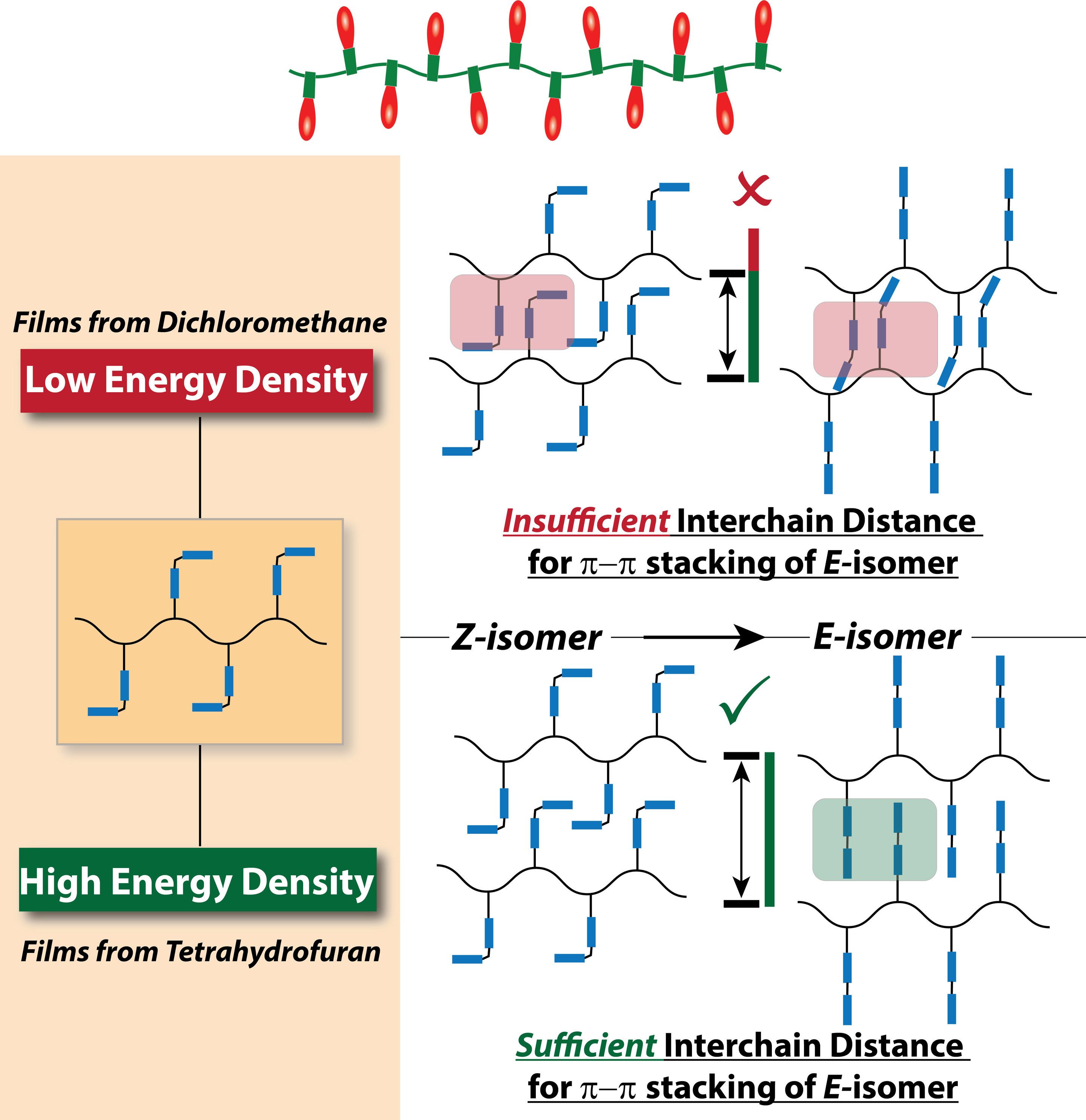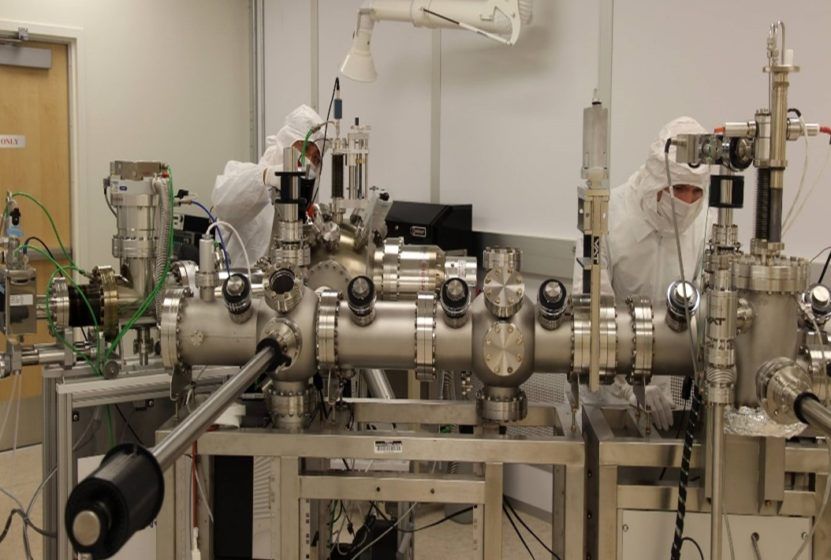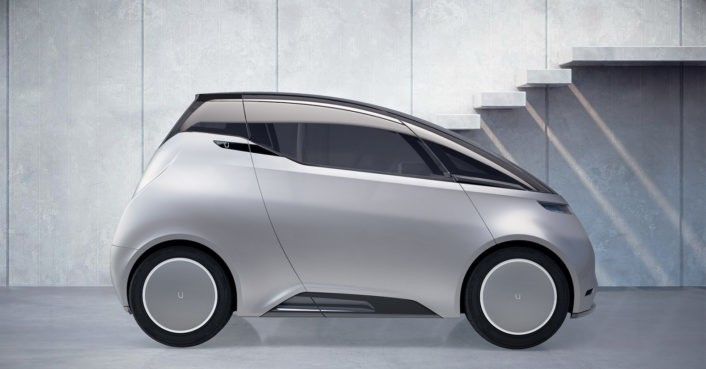Dec 19, 2017
Paving the way for a non-electric battery to store solar energy
Posted by Saúl Morales Rodriguéz in categories: solar power, sustainability
Materials chemists have been trying for years to make a new type of battery that can store solar or other light-sourced energy in chemical bonds rather than electrons, one that will release the energy on demand as heat instead of electricity — addressing the need for long-term, stable, efficient storage of solar power.
Now a group of materials chemists at the University of Massachusetts Amherst led by Dhandapani Venkataraman, with Ph.D. student and first author Seung Pyo Jeong, Ph.D. students Larry Renna, Connor Boyle and others, report that they have solved one of the major hurdles in the field by developing a polymer-based system. It can yield energy storage density — the amount of energy stored — more than two times higher than previous polymer systems. Details appear in the current issue of Scientific Reports.
Venkataraman and Boyle say that previous high energy storage density achieved in a polymeric system was in the range of 200 Joules per gram, while their new system is able to reach an average of 510 Joules per gram, with a maximum of 690. Venkataraman says, “Theory says that we should be able to achieve 800 Joules per gram, but nobody could do it. This paper reports that we’ve reached one of the highest energy densities stored per gram in a polymeric system, and how we did it.”
Continue reading “Paving the way for a non-electric battery to store solar energy” »


















